People who have made it to the top of their careers are interesting to study. Precious few come back down the mountain to learn something new again. Collecting stories of real people embracing continuous learning is inspiring to me. I hope you benefit, as I do, from their example.
Iris Apfel has long proved that in the fashion industry, age is just a number—and now, she's doing the same for the world of modeling.
IMG, one of the biggest agencies in the game, announced on Thursday that it had added the 97-year-old Apfel to its roster. The company will represent Apfel for modeling, as well as appearances and endorsements.
"I’m very excited. I never had a proper agent," Apfel told WWD. "I’m a do-it-yourself girl. I never expected my life would take this turn so I never prepared for it. It all just happened so suddenly, and I thought at my tender age, I’m not going to set up offices and get involved with all kinds of things. I thought it was a flash in the pan, and it’s not going to last. Somehow, people found me. People would just call. Tommy Hilfiger said that was no way to do it, and he put us together. I’m very excited and very grateful."
It's about time that she got some proper representation, as Apfel has been racking up deals with some big clients in recent years. Per WWD, she's worked with Kate Spade, MAC, Alexis Bittar, HSN, and Le Bon Marché, among others.
Apfel hopes that her success will inspire other older women to do the same. "I don’t think a number should make any difference and make you stop working," she said. "I think retirement is a fate worse than death. I love to work, and love my work. I feel sorry for people who don’t like what they do. I do it now to the exclusion of everything else. I meet interesting, creative people, my juices flow and I really have a fine time."
Christine Haskell, PHD has built her practice working with the insanely talented and highly creative across multiple sectors. In the Stories of Real People Series, you’ll find stories of real people doing extraordinary things, shareable joy, and links to the full source material.




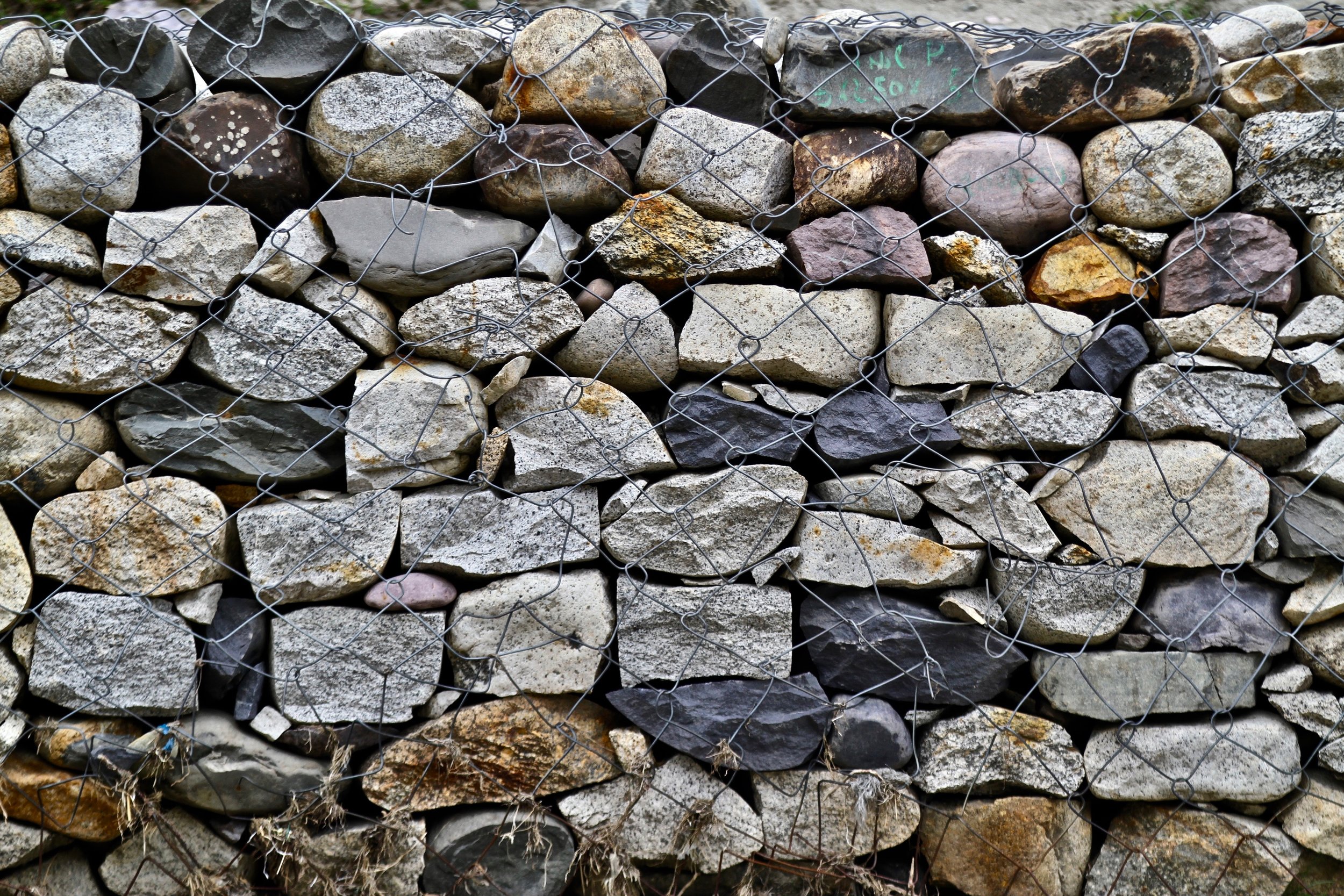

 There were the costumes, now professionally made (probably specifically for protest marches). No matter, the red cloak has become an important symbol now, representative of just how much we can lose. Seeing them there was comforting.
There were the costumes, now professionally made (probably specifically for protest marches). No matter, the red cloak has become an important symbol now, representative of just how much we can lose. Seeing them there was comforting. I spoke with a cop about crowd expectations."We're expecting 5-7,000," he said. "Way down from last year, or the first year when it was 30,000. That was fun. I don't know what it is this year. Maybe it's the weather.""Maybe people are tired," I replied. "I'm tired.""Yeah, well, stay strong. Have fun! It's good you came out."He meant it too. He was in full support of the march. That was cute to see.My personal favorite aspects of marches are:
I spoke with a cop about crowd expectations."We're expecting 5-7,000," he said. "Way down from last year, or the first year when it was 30,000. That was fun. I don't know what it is this year. Maybe it's the weather.""Maybe people are tired," I replied. "I'm tired.""Yeah, well, stay strong. Have fun! It's good you came out."He meant it too. He was in full support of the march. That was cute to see.My personal favorite aspects of marches are:


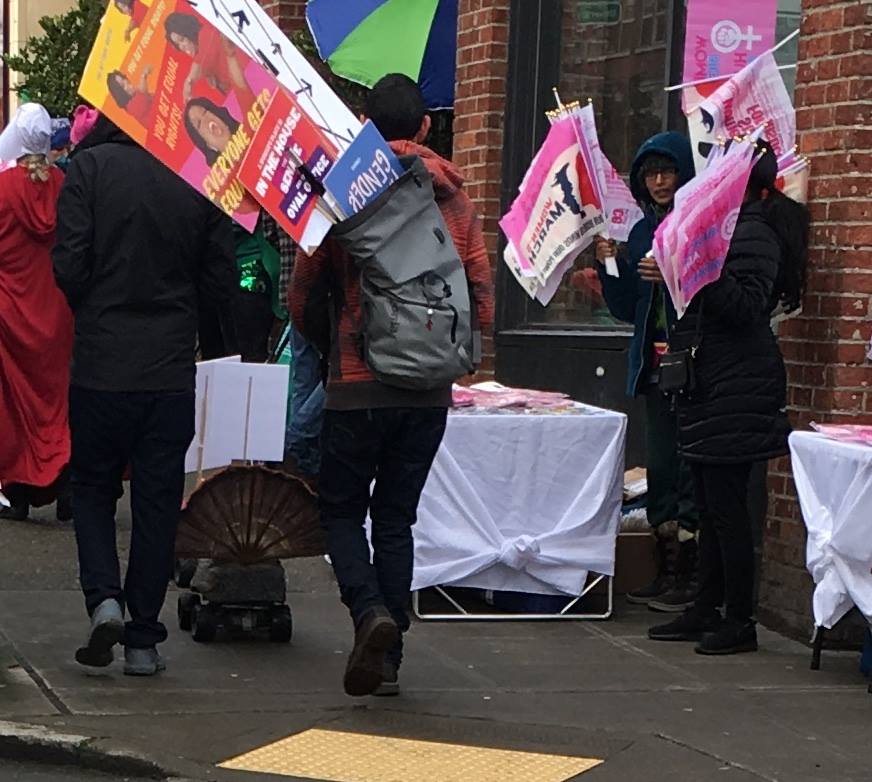
 the drive to run for office
the drive to run for office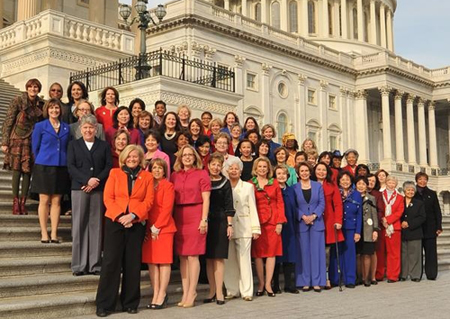 the courage to speak up against bad behavior, this year, so many to name but this picture, to me, was the most powerful representation of the #MeToo movement
the courage to speak up against bad behavior, this year, so many to name but this picture, to me, was the most powerful representation of the #MeToo movement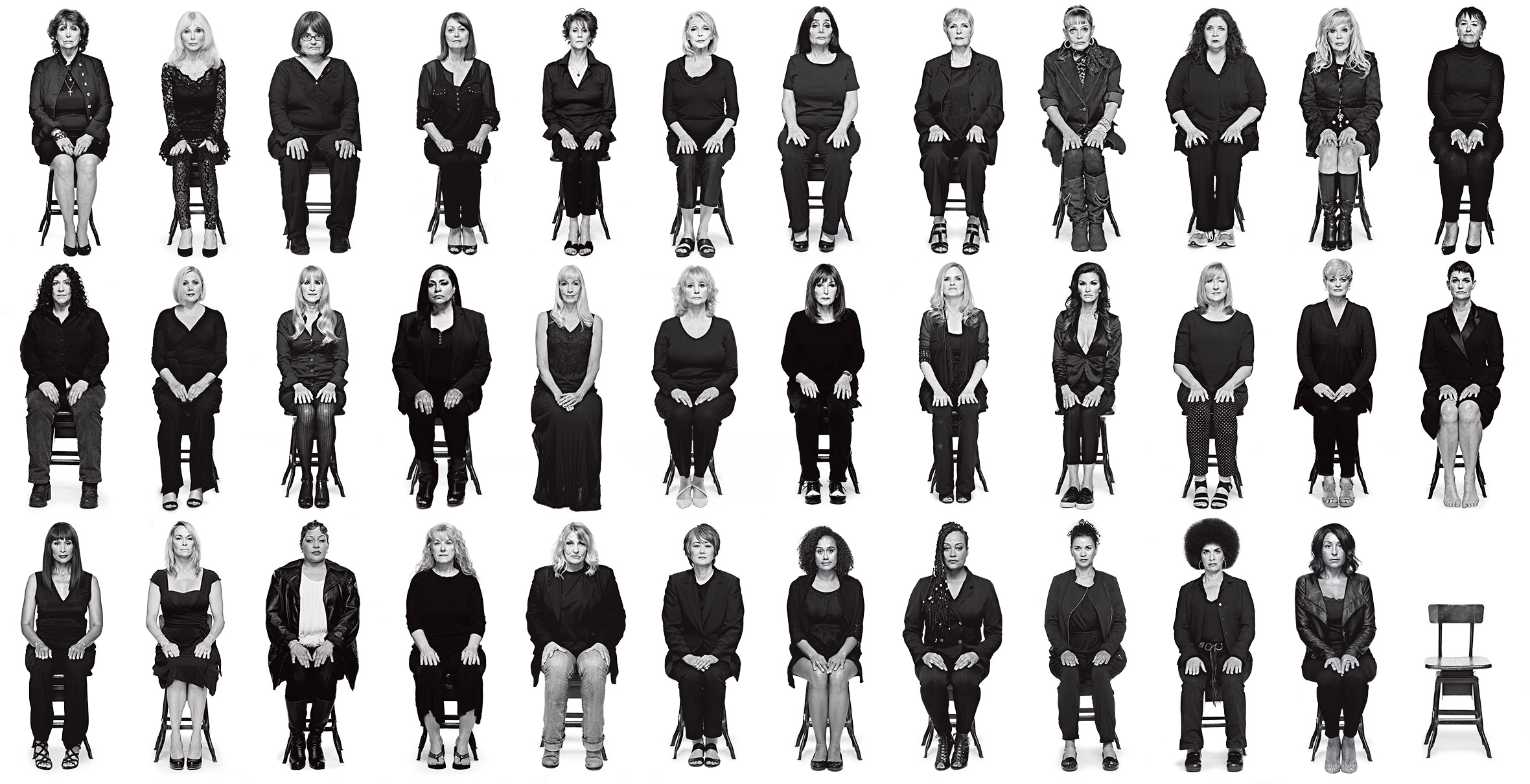 the anger to fight for what is right and the courage to find your voice
the anger to fight for what is right and the courage to find your voice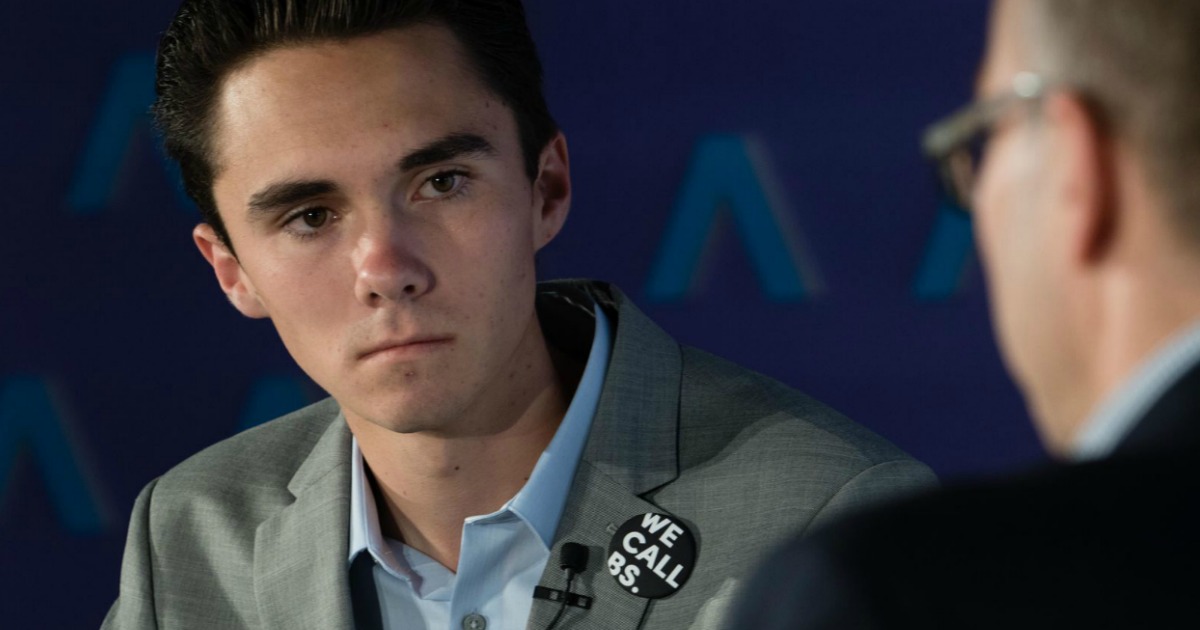 the belief that you can change what is possible for yourself and others
the belief that you can change what is possible for yourself and others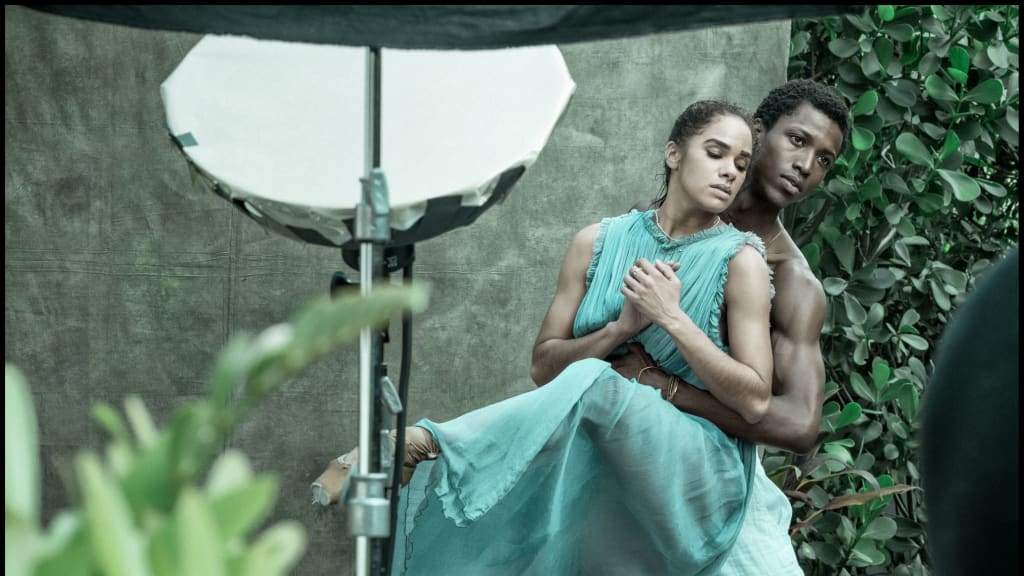 the insight to become a better ally -- will this by YOU?
the insight to become a better ally -- will this by YOU? So even if the women's march dwindles, that powerful, powerful, worldwide outcry for human rights was heard and it continues to inspire. I think it will become a memory like the Civil Rights marches of the 60s. But it's important to remember that a lot of movement came from that first march.
So even if the women's march dwindles, that powerful, powerful, worldwide outcry for human rights was heard and it continues to inspire. I think it will become a memory like the Civil Rights marches of the 60s. But it's important to remember that a lot of movement came from that first march.





